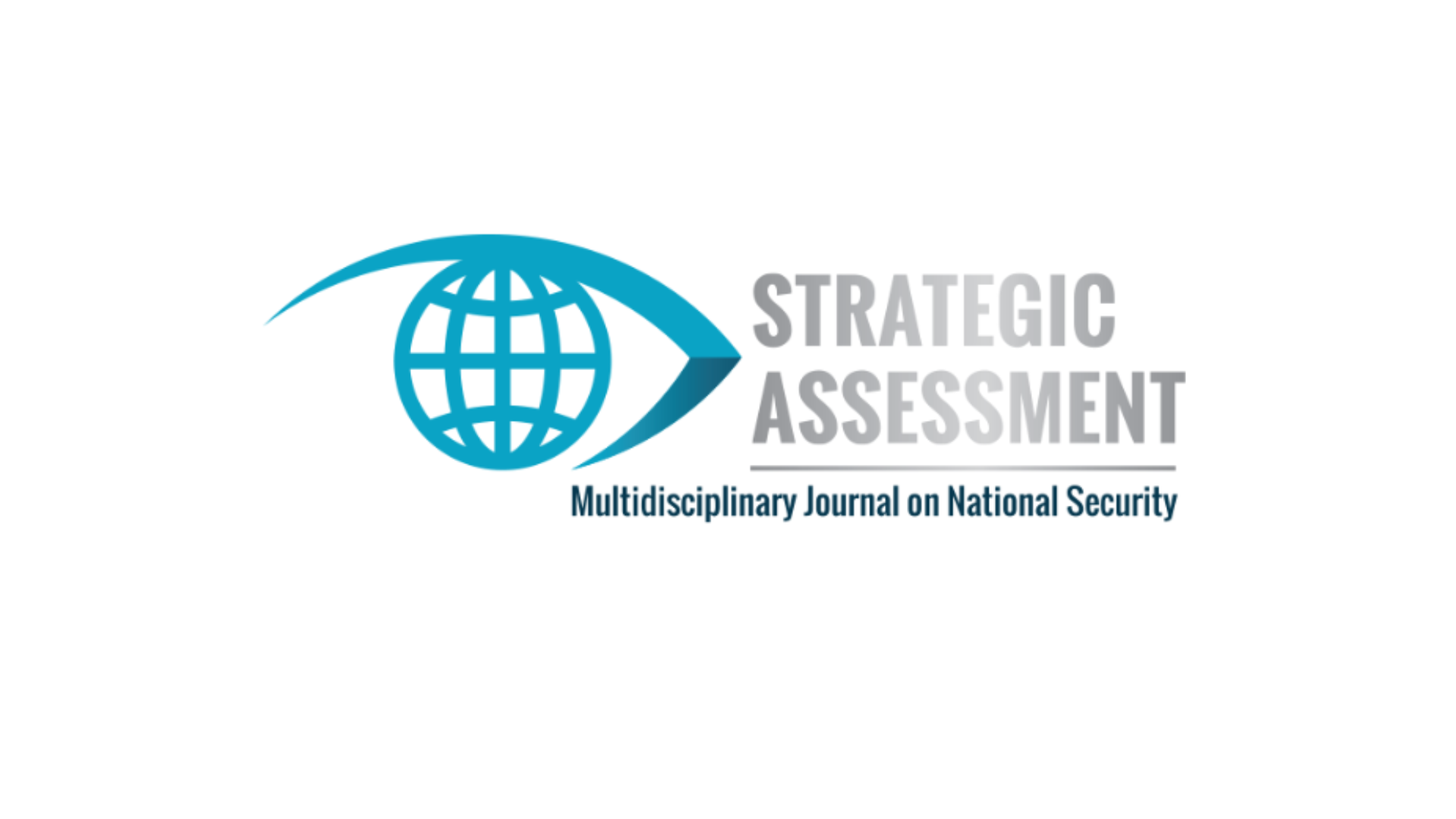Strategic Assessment

The process of regional change sparked by the so-called “Arab Spring” may in the long term lead to a more democratic and prosperous Middle East, but in the short term virtually all regional states have had to cope with an increasingly volatile and unstable political and security environment. This article analyzes the impact of the Arab revolutions and the posttransition instability on regional proliferation of nonconventional weapons, looking specifically at chemical weapons (CW). The focus is on Libya and Syria, countries known for possessing or having possessed nonconventional programs. The article examines the history and status of these countries’ CW programs, while assessing the effect of the Arab upheaval on both Libya’s and Syria’s capacity to secure their CW. Finally, the study discusses the impact of these trends on regional as well as Israeli security.


